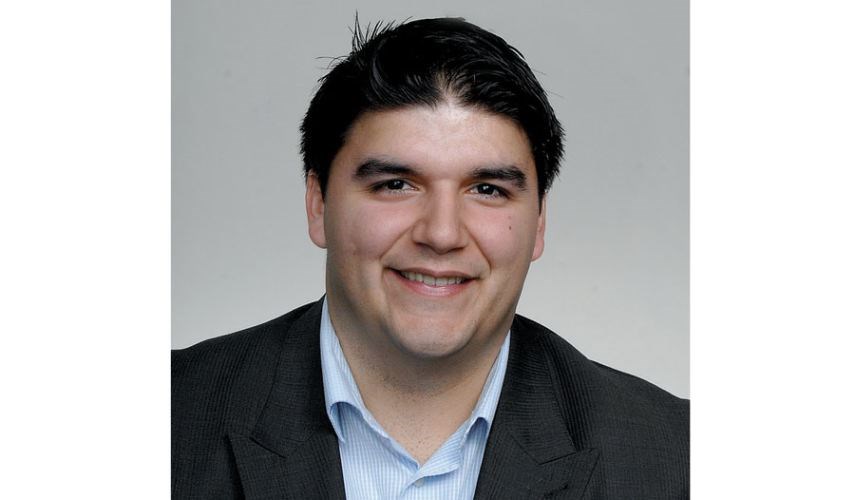As we gather this weekend, B.C. craft beer in hand, to socialize and to celebrate our province's 144th year of marriage with Canada, a topic might be brought up that you find quite droll, even ridiculous: the renaming of British Columbia. But given our most recent experience with self-indulgent do-goodery by the klatch downtown in regards to renaming our beloved park without consultation and for spurious reasons, I think it's best to be prepared.
If you find yourself in an argument over this topic and you're half-cut, have no fear: this country was built by a drunk, and BC's first notable premier renamed himself "lover of the universe," so you're in good company. Start by giving your opponent a smirk, putting your hand on his shoulder, and saying, "listen here my good friend, you're out of your mind if you think British Columbia is indeed not British Columbia."
Then, if you seem to be swaying, use your opponent to steady yourself, and ask the following question: "name the one thing that keeps British Columbia from falling apart?" Your friend, most likely a bourgeois socialist or armchair idealist who has never worked a day in his life, will begin listing things that make B.C. so unified: the natural beauty, the ethnic and social diversity, the easy access to sustainable resources, the rich aboriginal and non-aboriginal history, etc.
Feel free to interrupt the him at this point, as your friend surely votes for radical politicians who are themselves incapable of good manners, make your smirk even more pronounced, and simply say, "I'm sorry but you're positively wrong, old boy."
And of course your friend is, for the natural beauty of BC makes it difficult to travel and communicate, our social and ethnic diversity is still a source of political opportunism and tension, the easy access to resources is stymied by your friend's more active tree-hugging comrades as well as iron-fisted barons and monopolists (as it always has been), and regardless of the source, the history of our province is still constantly argued.
These kinds of paradoxes abound in The Most Beautiful Place on Earth.
In fact, there may be no other province in the family of Canada with as radical and divisive elements within its borders, save Quebec. The colony of British Columbia was first governed by a man of mixed race who didn't want representative government but still tried to conclude agreements with First Nations, while our first liberal premier, Amor de Cosmos, was pro-public schools but anti-concessions to aboriginals. Try unravelling that mess in history class.
If you go to Vancouver and toke up, the police don't bat an eye - but try lighting a cigarette in Stanley Park and you're likely to get bludgeoned. B.C. is still the only province where you can ski and get bitten by a rattlesnake in the same day, and if you're part of an aboriginal band that is currently suing the government over land use, it is likely you are claiming some of the same lands as another band, which would explain how 110 per cent of BC's "unceded territory" is in dispute.
Now the coup de grace: say to your friend, "with all these factions and competing interests, how do you propose renaming the province without it blowing up?" He, being reduced to tears at this point, can now be told the truth: keeping all these factions from destroying each other is a distinctly British colonial achievement, and given that the Columbia basin's prominence in this region and its history, that seems about as good moniker as any.
For the fact of the matter is B.C. has always been a place of diverse and combative interests, but what kept it from becoming part of America, or an anarchist paradise was peace, order, and good government in the form of hanging judges, inspectors, and royal engineers.
Yes, some of these trappings might seem dated, even quaint, but our Union Jack laden flag, our capital named Victoria, and our fierce loyalty to this Cordillera versus the rest of Canada are really all tied together. From Redfern to Robson Street, in Dease Lake or Nelson, the people, their customs, and the topography is completely different. Yet, on this weekend, and throughout the ages, we are indeed all British Columbians.



